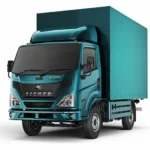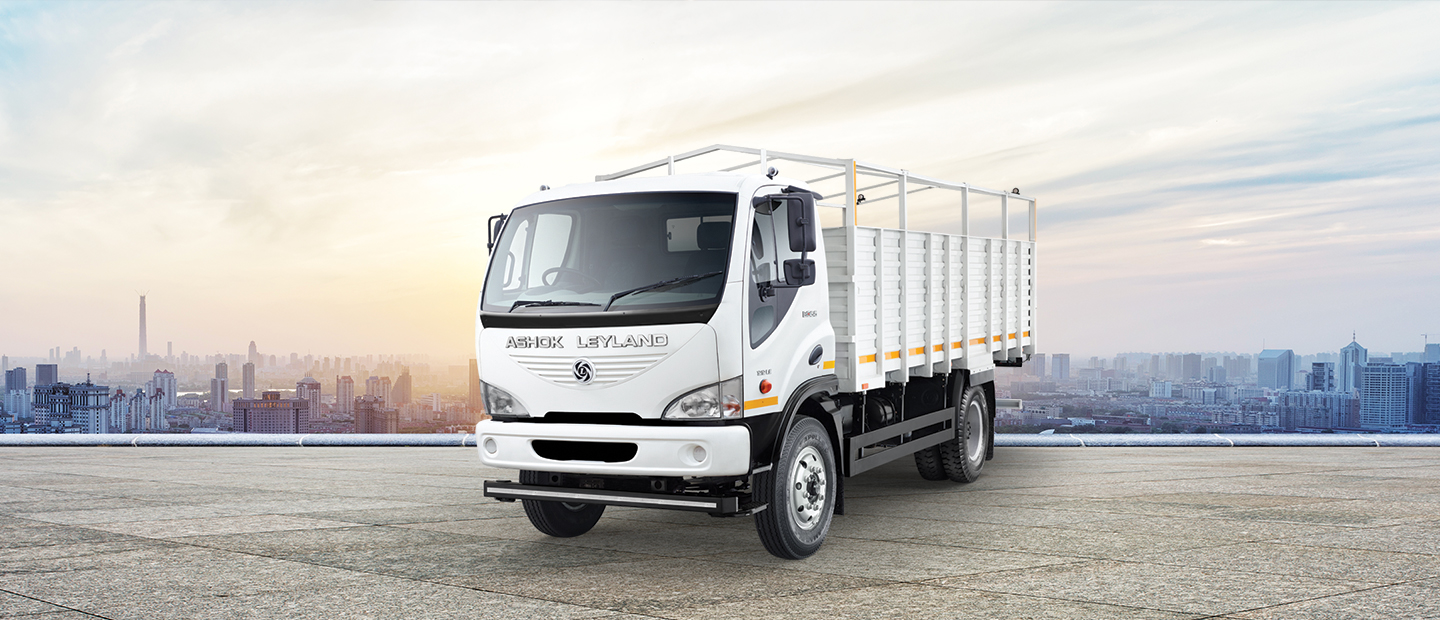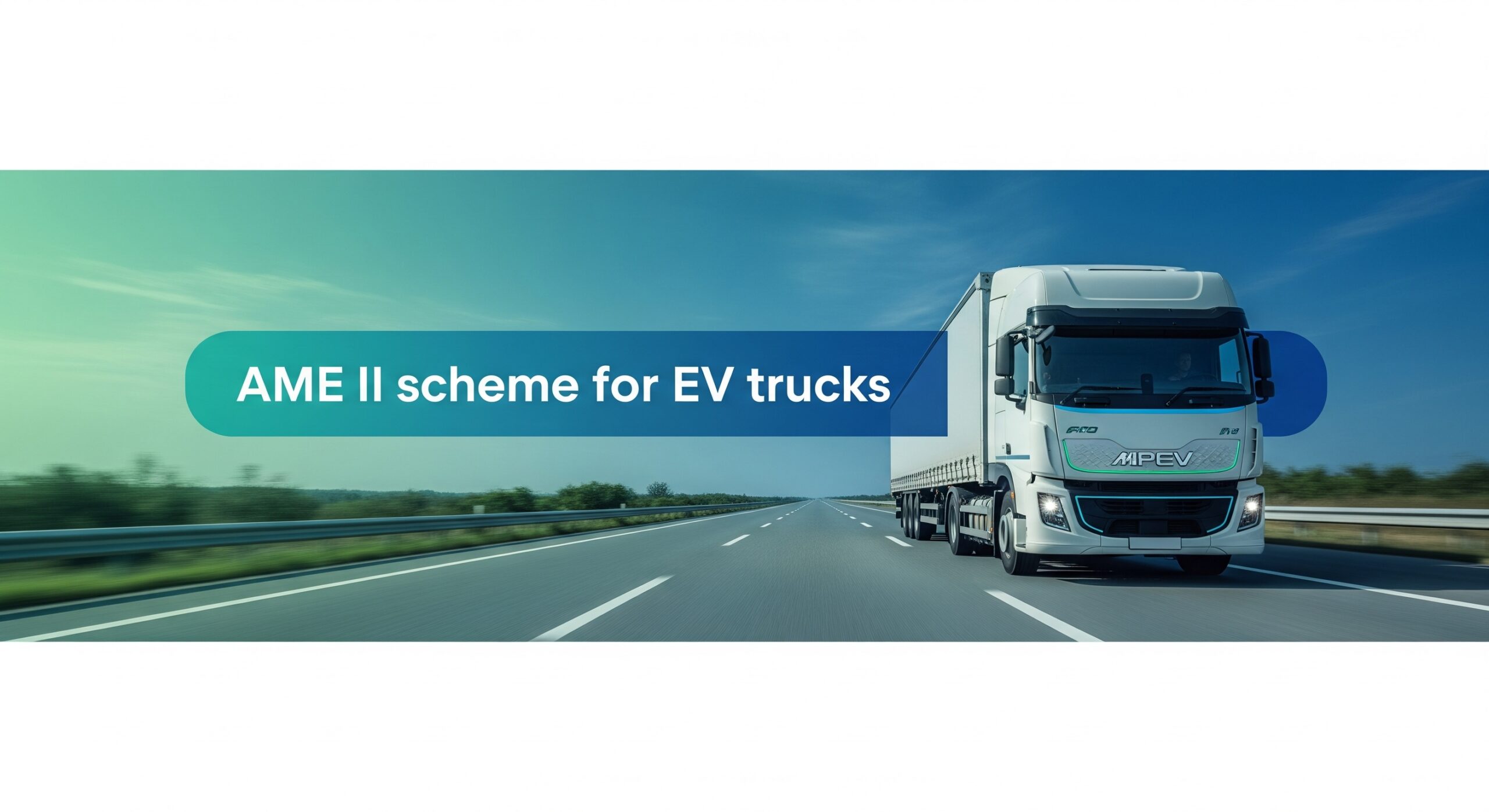As EV trucks become more popular in India and around the world, one of the most common questions truck owners ask is:
“Is it cheaper to charge at home or use public charging stations?”
In this blog post, we break down the actual charging costs of electric trucks at home vs public chargers, show a comparison table, and give real-life insights to help you decide what’s best for your budget and convenience.
🚚 Why Charging Costs Matter for EV Truck Owners
Electric trucks save you money on fuel compared to diesel or petrol, but charging methods can make a big difference in your monthly electricity bill or overall cost per kilometer (₹/km).
Let’s explore the two main options available:
-
Home Charging
-
Public Charging Stations
⚡ Option 1: Home Charging for EV Trucks
💰 Average Cost:
-
Electricity Rate (India): ₹7–₹10 per unit (kWh)
-
EV Truck Battery Size: ~90 kWh (varies by model)
-
Total Cost for Full Charge: ₹630–₹900
-
Cost per km (average efficiency ~1.5 km/kWh): ₹4.5–₹6/km
✅ Pros:
-
Cheaper than public charging
-
Charge overnight at home
-
No waiting in line
❌ Cons:
-
Initial setup cost of ₹50,000–₹1 lakh for a Level 2 charger
-
May need electrical upgrades for heavy trucks
-
Slower charging (8–12 hours)
⚡ Option 2: Public Charging for EV Trucks
💰 Average Cost:
-
Charging Rate: ₹18–₹25 per unit (kWh)
-
EV Truck Battery Size: ~90 kWh
-
Total Cost for Full Charge: ₹1,620–₹2,250
-
Cost per km (average efficiency): ₹12–₹16/km
✅ Pros:
-
Fast charging (DC fast chargers can take just 1–2 hours)
-
No home electrical upgrades needed
-
Ideal for long trips and fleets
❌ Cons:
-
2x–3x more expensive than home charging
-
Availability issues in remote areas
-
May require wait time during peak hours
📊 EV Truck Charging Cost Comparison Table
| Charging Type | Electricity Rate (₹/kWh) | Total Cost for Full Charge (90 kWh) | Avg Cost Per KM (₹/km) | Charging Time | Best For |
|---|---|---|---|---|---|
| Home Charging | ₹7–₹10 | ₹630–₹900 | ₹4.5–₹6 | 8–12 hours | Daily local use |
| Public Charging | ₹18–₹25 | ₹1,620–₹2,250 | ₹12–₹16 | 1–2 hours | Long trips, fleets |
📈 Real-Life Example: Tata Ultra T.7 EV Truck
-
Battery Capacity: 62.5 kWh
-
Home Charging Cost (@₹8/kWh) = ₹500
-
Public Charging Cost (@₹22/kWh) = ₹1,375
-
Savings Per Charge (Home vs Public) = ₹875
👉 If you charge your EV truck 20 times a month, home charging can save you up to ₹17,500 per month!
🔋 Tip: Combine Both for Maximum Efficiency
Most EV truck fleet owners use home chargers for regular operations and public fast chargers for urgent or long trips. A hybrid approach helps reduce costs while maintaining flexibility.
📌 Final Verdict: Which is Better?
| Use Case | Best Charging Option |
|---|---|
| Daily urban deliveries | Home Charging |
| Long-distance highway transport | Public Charging |
| Mixed usage (city + highway) | Both |
| Heavy fleet operations | Public Fast Charging |
🛠️ How to Set Up EV Truck Home Charging in India
-
Contact your local electricity board to assess load requirements.
-
Install a dedicated EV charger (Level 2 recommended).
-
Use a licensed electrician to ensure safety and compliance.
-
Apply for EV-specific tariffs, if available in your state (some DISCOMs offer lower EV rates).
📢 Key Takeaways
-
Home charging is up to 70% cheaper than public charging.
-
Public chargers are faster but costlier.
-
Use a mix of both for efficiency and savings.
-
Choose based on your route, load, and daily driving needs.
📌 FAQ: EV Truck Charging Costs
❓How much does it cost to charge an EV truck at home?
A full charge costs between ₹600–₹900, depending on your electricity rate and truck battery size.
❓Is public charging worth it?
Yes, especially for fast, urgent needs — but it’s more expensive (₹1,600–₹2,200 per charge).
❓Can I install a charger at my shop/warehouse?
Absolutely. Many fleet owners do this to save time and cost.
❓Does fast charging damage EV truck batteries?
Modern EVs handle fast charging well, but regular use may reduce battery life slightly over many years.
📈 Optimize Your Fleet – Save More with Smart Charging!
By understanding your EV truck’s charging habits and comparing costs, you can maximize savings, reduce downtime, and improve efficiency. Whether you’re a small logistics business or a growing delivery fleet, knowing when and where to charge matters.
Want more EV truck insights?
🔋 Follow our blog for the latest EV truck news, reviews, and comparisons in India!






